V-port ball valves(segment ball valve)are commonly used in several key industries and application areas:
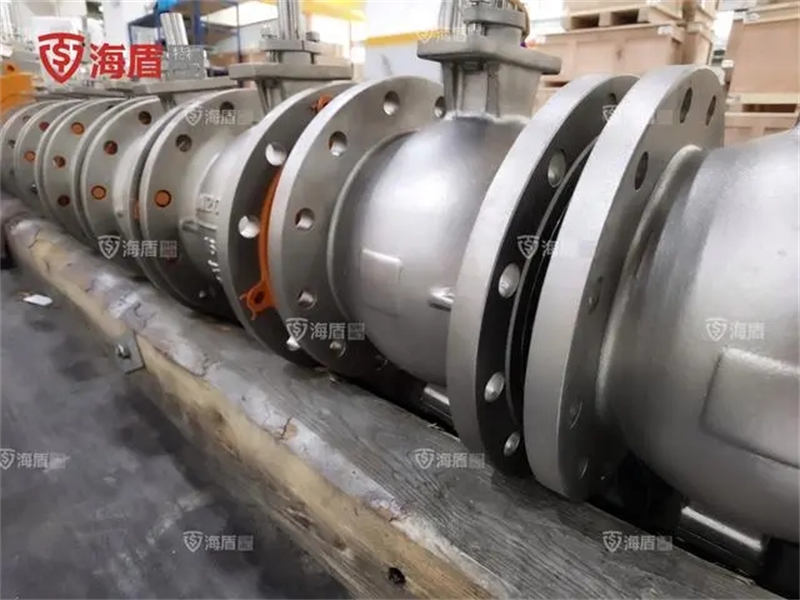
Chemical Industry: V-port ball valves(segment ball valve)are well-suited for applications in the chemical industry where precise fluid control and flow regulation are required, especially for handling various chemicals, solutions, and corrosive media.
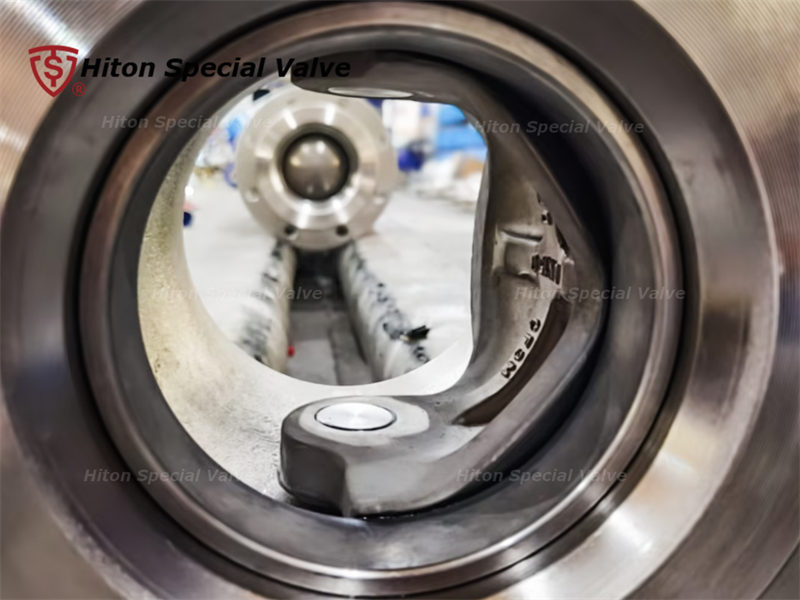
Oil and Gas Industry: These valves find applications in oil and gas operations, including petroleum extraction, refining, natural gas transportation, and processing, for controlling fluid flow in pipeline systems.
Power Generation: Power plants often require accurate control of cooling water, steam, and other fluids. V-port ball valves(segment ball valve)are used in boilers, cooling systems, and power generation equipment for flow control.
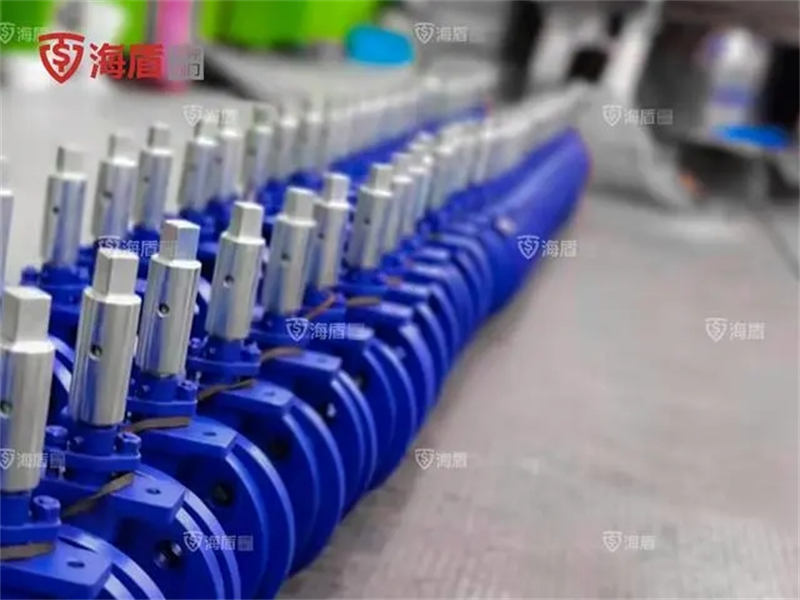
Pharmaceutical Industry: The pharmaceutical sector demands high standards of hygiene and precise fluid control. V-port ball valves(segment ball valve)are widely used in pharmaceutical manufacturing for the conveyance of raw materials and flow control during production.
Food and Beverage Industry: V-port ball valves(segment ball valve)meet strict hygiene requirements and are commonly employed in food and beverage processing for precise flow control during production.
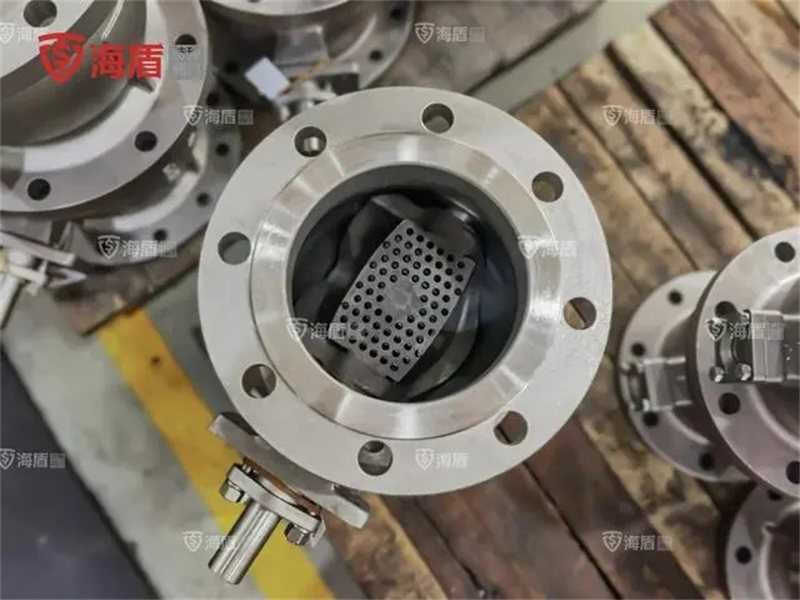
Pulp and Paper Industry: Pulp and paper manufacturing processes require control over fluid and pulp flow. V-port ball valves(segment ball valve)are used for handling pulp, wastewater, and chemicals in these applications.
Wastewater Treatment: Wastewater treatment plants deal with substantial amounts of wastewater, including processes involving filtration, separation, and treatment. V-port ball valves(segment ball valve)are used for controlling and regulating the flow of the media.
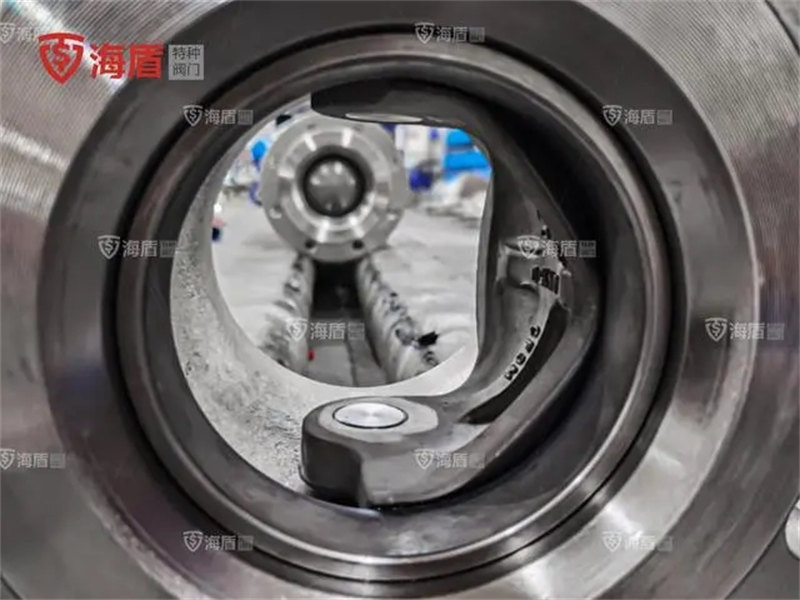
Biotechnology: In biotechnology and biopharmaceutical industries, precise control of fluids in bioprocessing and fermentation processes is essential. V-port ball valves(segment ball valve)are suitable for such applications.
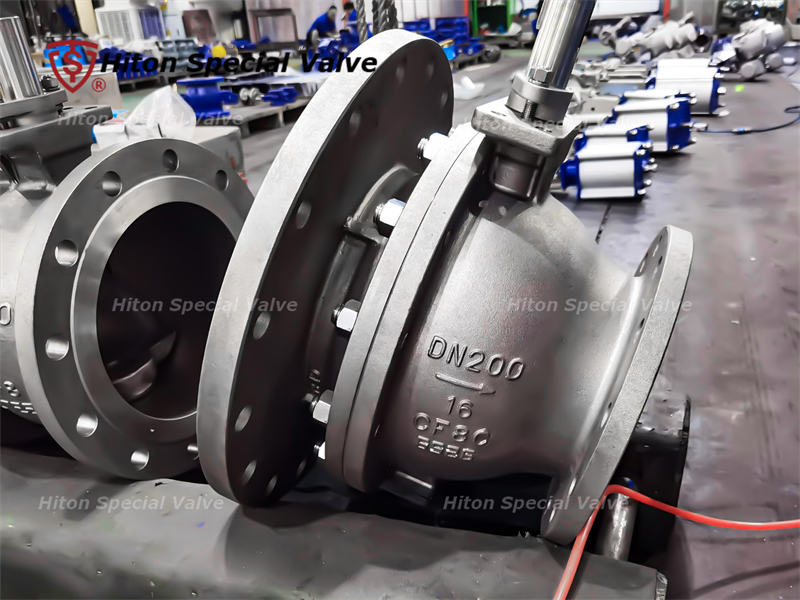
In summary, V-port ball valves(segment ball valve)are widely applied in various industrial sectors due to their precision flow control capabilities, corrosion resistance, and hygienic features. The choice of the appropriate valve type depends on the specific requirements and demands of each application.


















